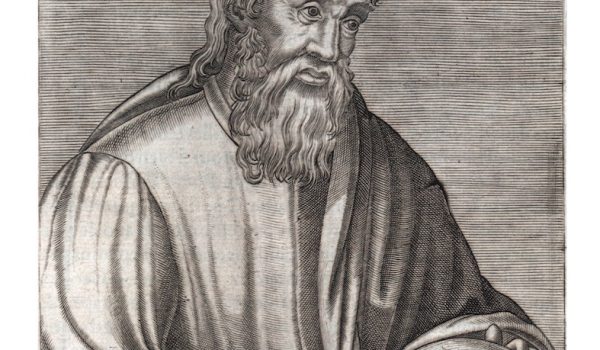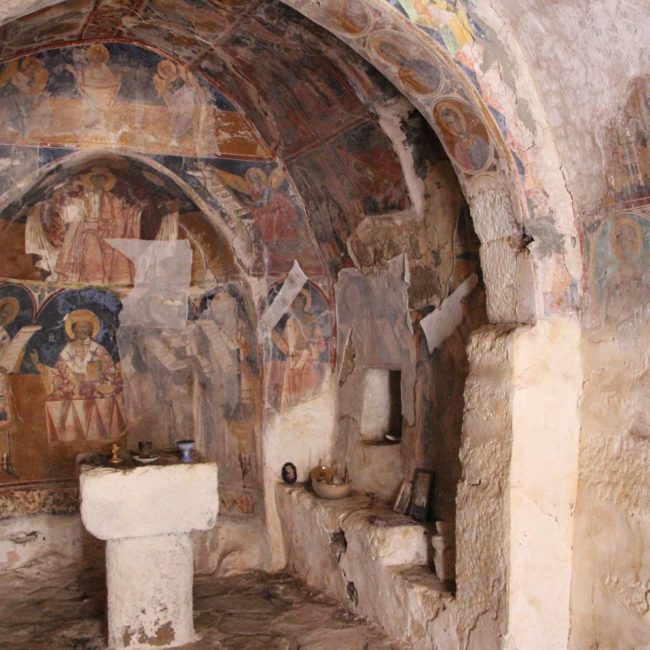Strabo (64 or 63 bC to 24 AD), the famous Greek geographer, philosopher and historian depicts Kos in his most notable work Geographica, namely in Chapter 2 of Book XIV. Here is what Strabo wrote about Kos:
The city of the Coans was in ancient times called Astypalaea; and its people lived on another site, which was likewise on the sea. And then, on account of a sedition, they changed their abode to the present city, near Scandarium, and changed the name to Cos, the same as that of the island. Now the city is not large, but it is the most beautifully settled of all, and is most pleasing to behold as one sails from the high sea to its shore.
The size of the island is about five hundred and fifty stadia. It is everywhere well supplied with fruits, but like Chios and Lesbos it is best in respect to its wine. Towards the south it has a promontory, Laceter, whence the distance to Nisyros is sixty stadia (but near Laceter there is a place called Halisarna), and on the west it has Drecanum and a village called Stomalimnê. Now Drecanum is about two hundred stadia distant from there, but Laceter adds thirty-five stadia to the length of the voyage.
In the suburb is the Asclepïeium, a temple exceedingly famous and full of numerous votive offerings, among which is the Antigonus of Apelles. And Aphrodite Anadyomenê used to be there, but it is now dedicated to the deified Caesar in Rome, Augustus having thus dedicated to his father the female founder of his family. It is said that the Coans got a remission of one hundred talents of the appointed tribute in return for the painting. And it is said that the dietetics practised by Hippocrates were derived mostly from the cures recorded on the votive tablets there.
He, then, is one of the famous men from Cos; and so is Simus the physician; as also Philetas, at the same time poet and critic; and, in my time, Nicias, who also reigned as tyrant over the Coans; and Ariston, the pupil and heir of the Peripatetic; and Theomnestus, a renowned harper, who was a political opponent of Nicias, was a native of the island.






